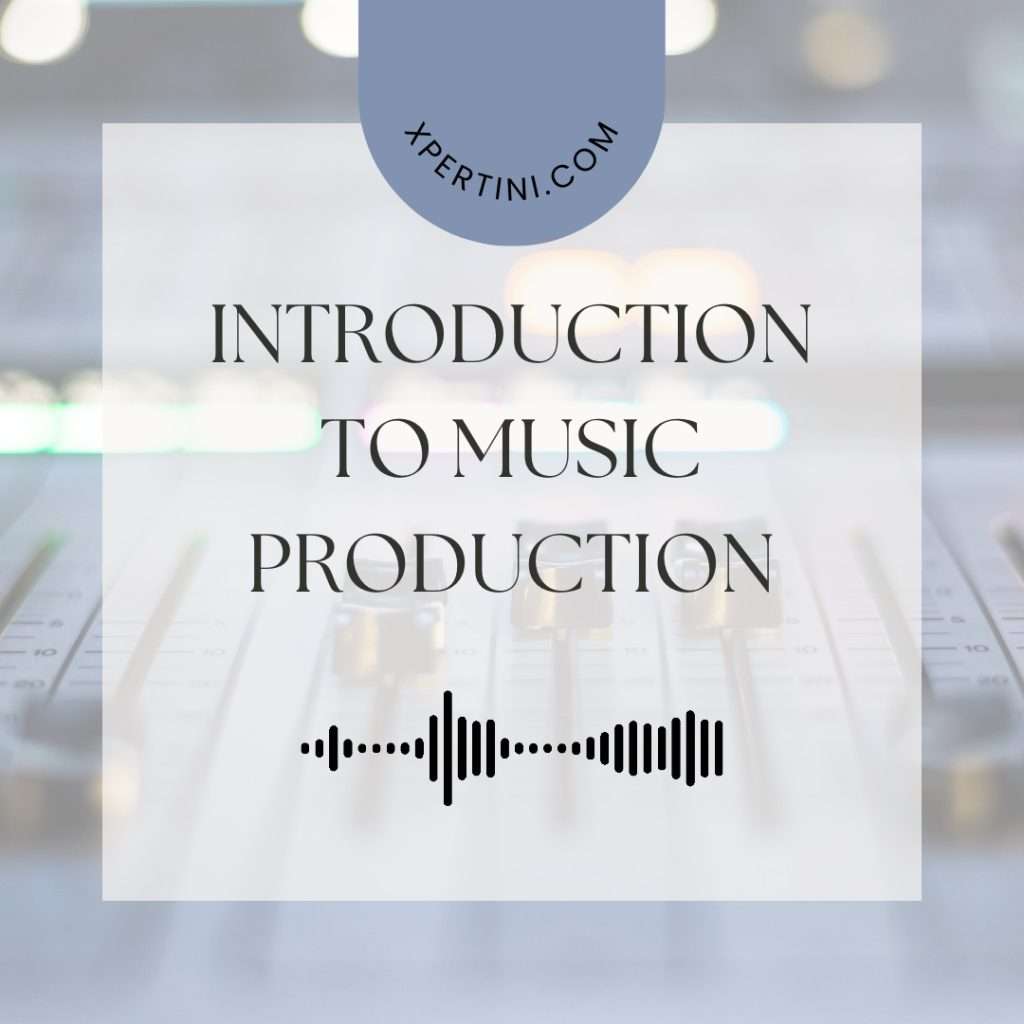Introduction to Music Production
Course Summary
This course offers a comprehensive exploration of music production, providing students with a solid foundation in the principles, techniques, and tools essential for creating professional-grade music. Through a blend of theoretical knowledge and practical exercises, learners will gain a deep understanding of the music production process and its significance in the contemporary music industry.
Throughout the course, students will delve into various aspects of music production, including recording, editing, mixing, and mastering audio tracks. They will develop proficiency in using digital audio workstations (DAWs) and related software, enabling them to execute creative ideas with precision and finesse. With a focus on critical listening skills, students will learn to analyze and evaluate music productions effectively, honing their ability to identify and address technical and artistic challenges.
The course also explores the historical evolution of music production techniques, tracing the impact of technology on the creative process. Students will delve into sound and acoustics, mastering the fundamentals of sound waves and their application in music production. By learning about recording techniques, audio editing, mixing, and mastering, students will acquire the practical skills needed to produce professional-quality music across various genres and styles.
Moreover, students will explore the intersection of music theory and production, gaining insights into arrangement, composition, sampling, and synthesis. They will learn to collaborate effectively with artists, musicians, and other industry professionals, fostering teamwork and communication skills essential for success in the field. Ultimately, the course equips students with the knowledge, skills, and confidence to pursue diverse career opportunities in music production, empowering them to make meaningful contributions to the vibrant world of music creation.
Course Overview
This course provides a comprehensive introduction to the field of music production, covering fundamental concepts, techniques, and tools necessary for producing high-quality music. Through theoretical knowledge, students will gain a deep understanding of the music production process and its significance in the music industry.
Course Objectives
- Understand the basic principles and concepts of music production.
- Learn various techniques for recording, editing, and mixing audio.
- Gain proficiency in using digital audio workstations (DAWs) and related software.
- Develop critical listening skills to analyze and evaluate music productions.
- Explore different genres and styles of music production.
- Understand the role of technology in contemporary music production.
- Learn about the history and evolution of music production techniques.
- Develop practical skills for arranging and composing music.
- Collaborate effectively with artists, musicians, and other professionals in the industry.
- Explore career opportunities and pathways in the field of music production.
Course Outcomes
- Identify and explain key components of music production processes.
- Demonstrate proficiency in operating digital audio workstations (DAWs) and related software.
- Apply recording techniques to capture high-quality audio.
- Analyze and evaluate music productions using critical listening skills.
- Demonstrate competency in audio editing and manipulation techniques.
- Develop skills in mixing and mastering audio tracks.
- Explore the historical evolution of music production techniques.
- Create original music compositions using advanced production techniques.
- Collaborate effectively with peers on music production projects.
- Explore various career opportunities and pathways in the music production industry.
Course Audience
- Aspiring music producers
- Musicians interested in recording and production
- Audio engineers seeking to expand their skill setf
- Music enthusiasts curious about the production process

